There was a plethora of newspaper, social media, television reports, articles, analysis, photography and video during Hong Kong’s 2019 protests – every angle was discussed: it was a comprehensive coverage undertaken by local and international news organisations, freelancers and commentators. A lull in the protests between Christmas and Chinese New Year saw the first published books and compilations of photography and essays appearing. These joined low-budget zines, stickers, posters and newsletters published throughout the protests. Then, Covid-19 restrictions after January gave writers, photographers and publishers bonus time to prepare a new wave of protest-focused books, which are now being seen in bookshops.
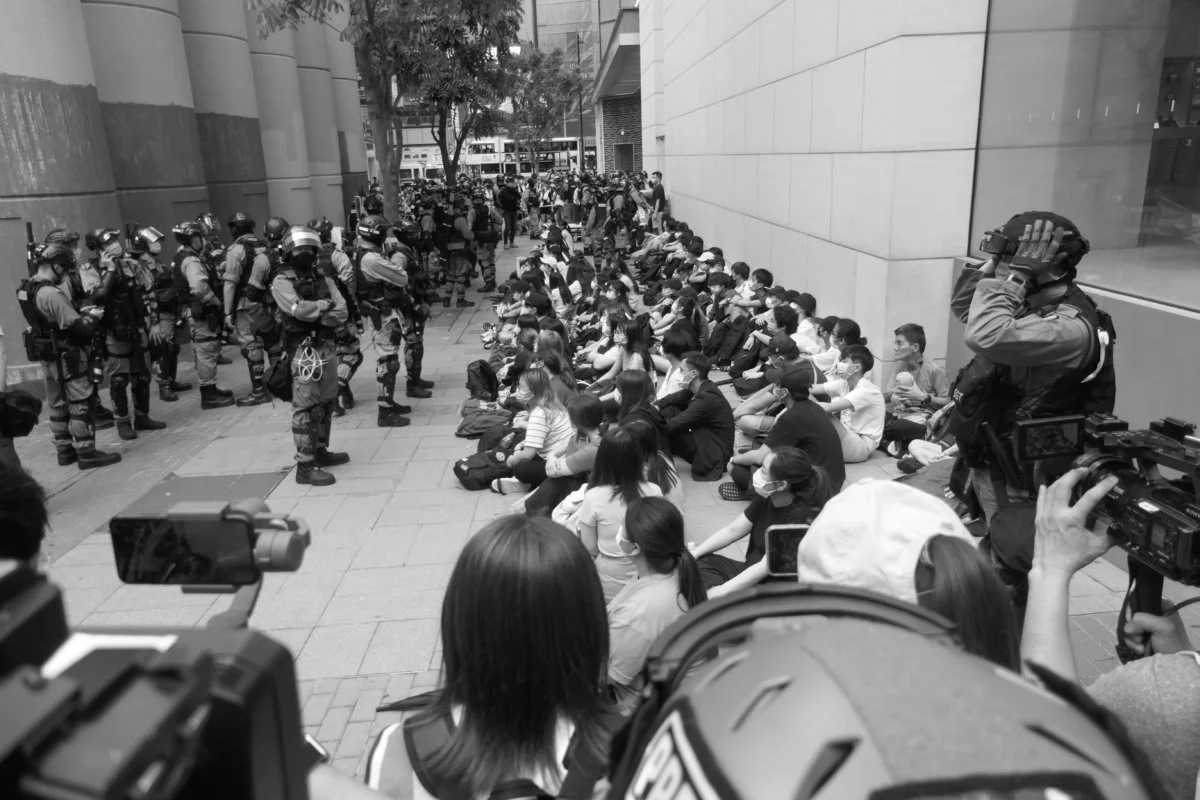
But, the story of the protests has not yet ended. A further chapter of the Hong Kong protests is being played-out right now. Last week was momentous for Hong Kong; let me recap. The National People’s Congress passed, with only one dissenting vote (or, was it just a slipped finger voting ‘no’?), approval for its Standing Committee to prepare the promulgation of national security laws to be directly added to the Basic Law, controversially by-passing Hong Kong’s Legislative Council. Meanwhile, in the Legislative Council, legislation outlawing disrespect of the national anthem came a step closer to being passed. Then, the US government announced its opposition to Hong Kong’s national security legislation, considering that the city’s autonomy was compromised and announced that Hong Kong could lose its trading privileges. This week, in response, protesters gathered again on the streets, but a large police presence used the city’s Covid-19 prevention rules to quickly arrest and disburse crowds.
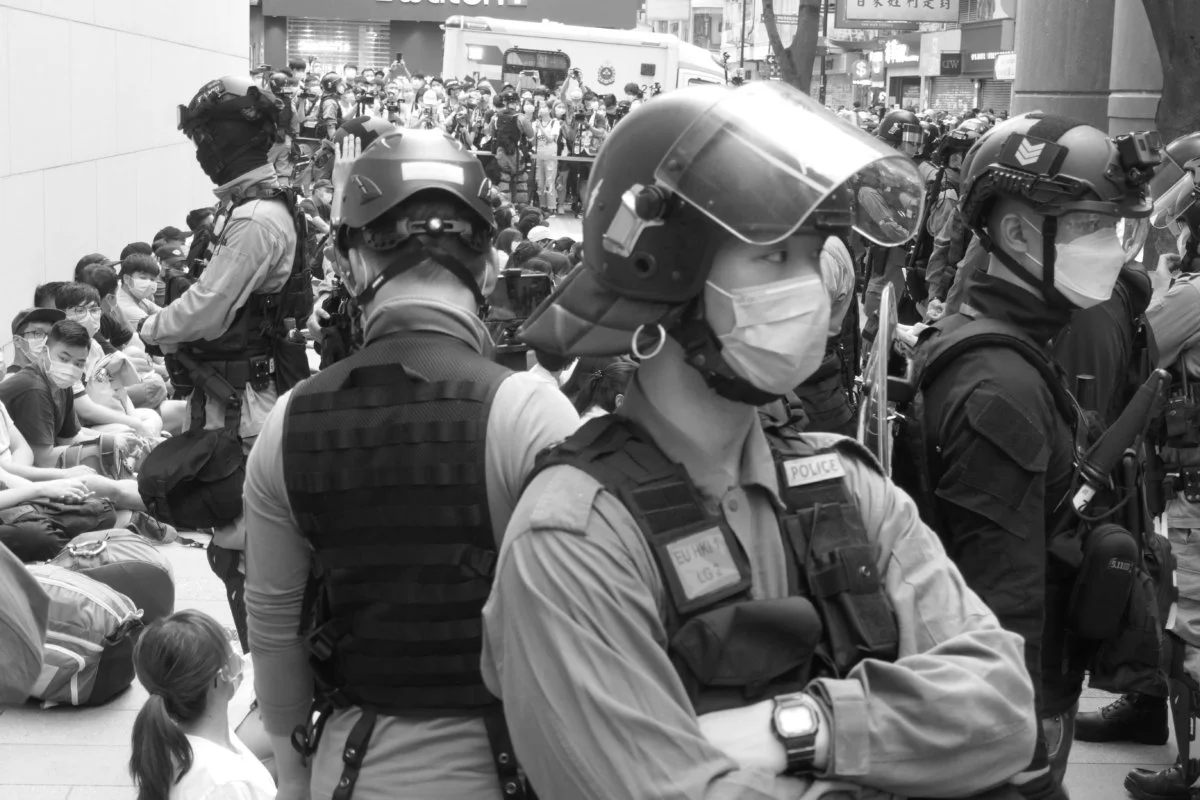
The reaction from public figures reflected the polarized positions of the different political camps, and, much of that commentary was self-interested. For example: Joshua Wong’s call on the US and other countries to inflict more economic sanctions on Hong Kong merely reinforces a “we burn, you burn” self-defeating nihilism. Ironically, if Hong Kong does suffer such retributive sanctions and takes on an outcast status, the city could really become ‘just another Chinese city’ and any special sentiment and care that the rest of the world has towards Hong Kong will be lost. What happens to the general public in that scenario? Meanwhile, Leung Chun-ying’s call for depositors to boycott HSBC because it has not publicly supported national security legislation is a play on Chinese nationalism (a senior HSBC executive has subsequently supported the legislation). Leung’s tenure as Chief Executive saw a stronger push for Hong Kong’s ‘mainlandisation’, demonstrated by his administration’s push for the national anthem being played at schools and on nightly television; the flying of the national flag alongside a smaller, lower-hung Hong Kong flag on all government buildings and schools; much closer liaison by the city’s disciplined services with the mainland; and, attempts to introduce a national education curriculum in schools.
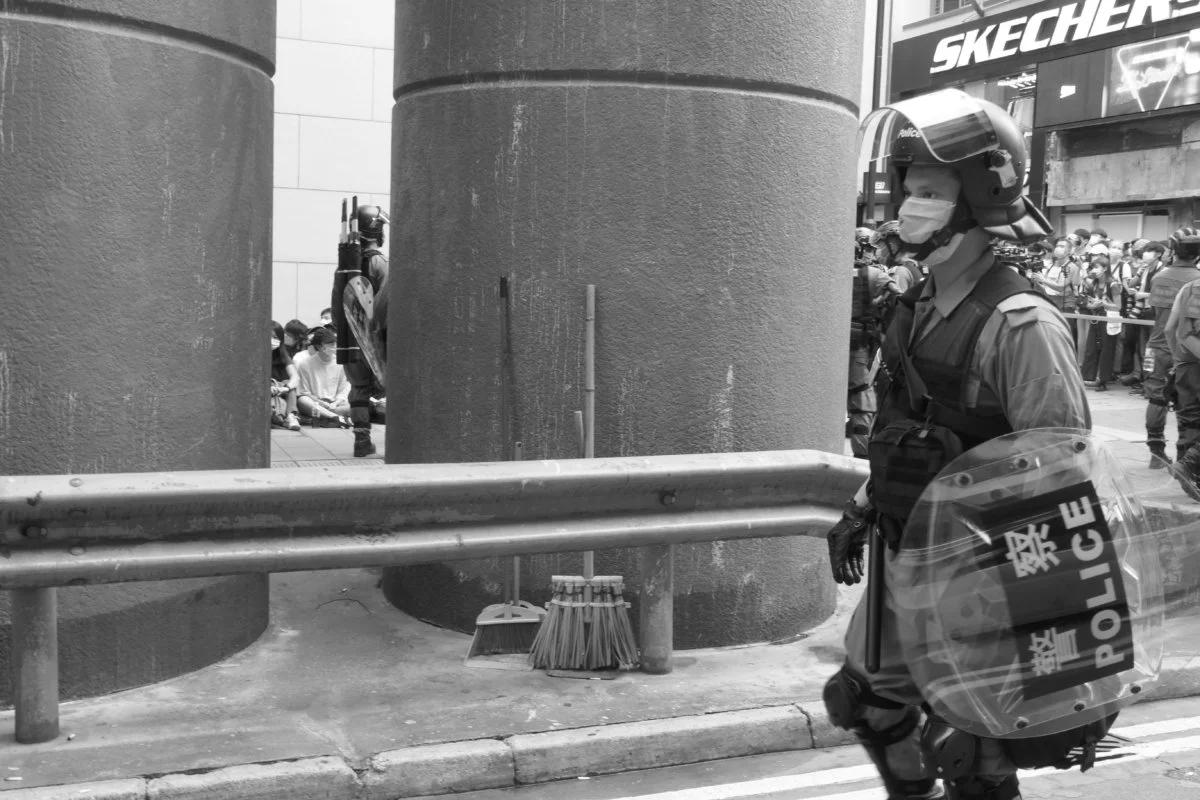
The mainland is clearly fed-up with the violence of the protests and fears further support for Hong Kong independence, which might cross into the mainland. That is where we are now. Understandably, the public and business is concerned with the implementation of national security legislation, as there are so few details and it is unclear if it will be a ‘hard’ or ‘soft’ set of laws. Of paramount importance is the preservation of Hong Kong’s rule of law, and core values, including freedom of assembly, expression and movement. The vagueness of the forthcoming laws will test those core values as the devil will be in the detail, the interpretation of those laws and who are the judges (be they bureaucratic and/or judicial).
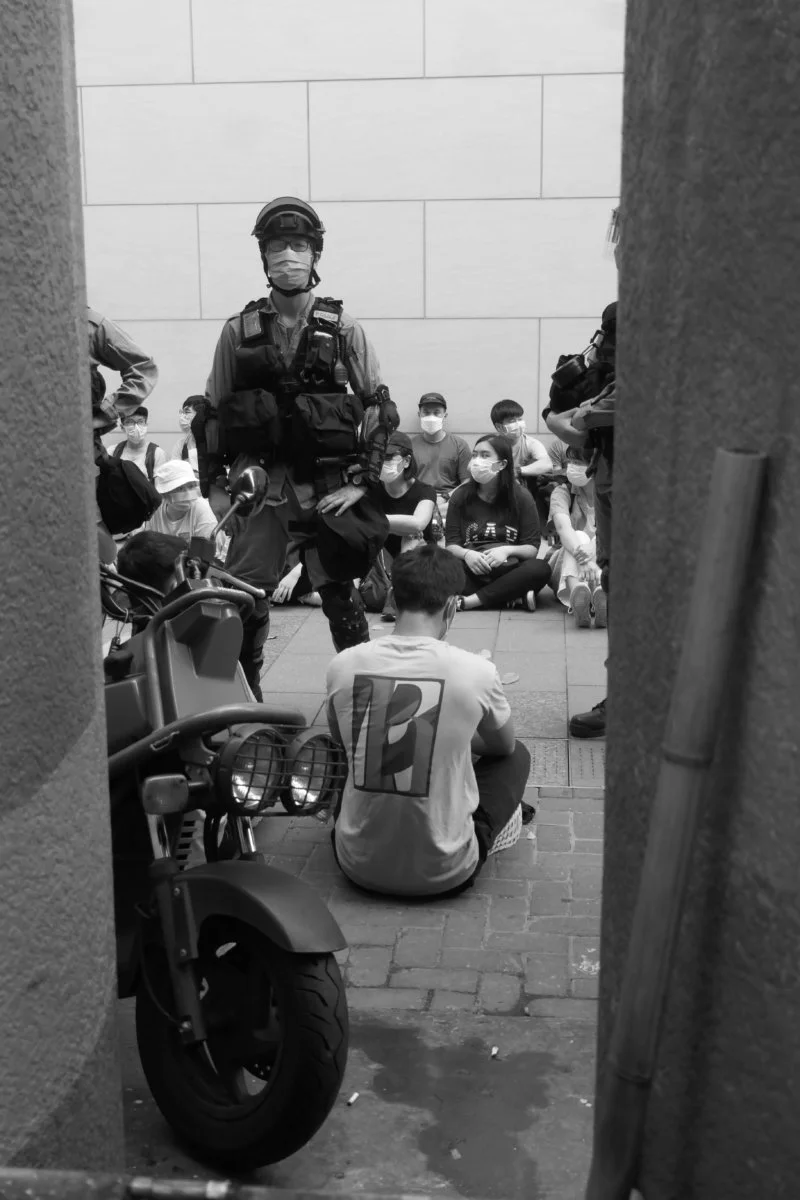
The pro-establishment camp has controlled the executive and legislative branches of government since 1997and should be ashamed that we have come to this current mainland-imposed solution to introducing national security legislation. Successive administrations and pro-establishment politicians failed to adequately discuss and deftly table legislation options for the public to properly debate and consider. Ramming through rather than consensus building was the strategy in 2003 and 2004 and hopeless dithering thereafter. Since 1997, Hong Kong has had weak executive leadership, a government of perceived and, at times, real incompetence, elitism and favouritism towards Hong Kong’s clan, sectoral and business interests. Hong Kong’s ‘small potatoes’, the public, have largely been excluded from decision-making. The pro-democracy camp, despite its belligerent rhetoric, has never acted as an alternative government nor pushed an enlightened alternative policy agenda. Simply said, all this needs to change.
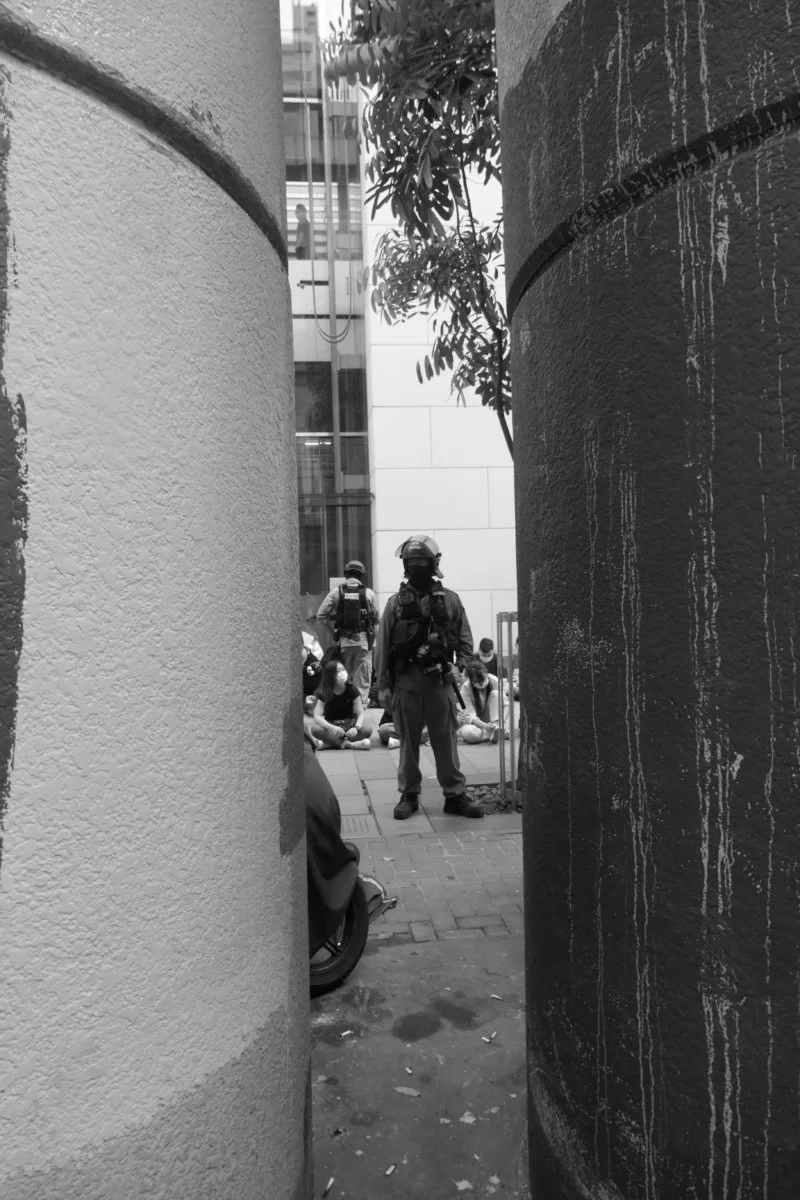
I suggested to a Hong Kong friend living overseas that Nick Cave and the Bad Seeds’ song “Where Do We Go Now But Nowhere?” captured the mess we are in. It contains such lyrics as:
“…Around the duck pond we grimly mope
Gloomily and mournfully we go round again
And one more doomed time and without much hope
Going round and around to nowhere….” *
This poignant love song also mentions the Serenity Prayer, written by the American theologian Reinhold Nierbuhr, whose simple words of practical action has been adopted by such self-recovery programmes as Alcoholics Anonymous. It reads: “Father, give us courage to change what must be altered, serenity to accept what cannot be helped, and the insight to know the one from the other.”
# See attached photographs and this video: www.facebook.com/battenjohn/videos/10157506851197371/





